Infusing Oil with Herbs and Flowers
Infusing Oil with Herbs and Flowers
In this issue:
🌿How to make oil infusions
🧴Why use body oil?
(How-to self-massage - Check out this post.)
🏵️Botanical Infusions I Love to Make
-Chamomile and witch hazel, dandelions and sunflower oil, and wild violet and apricot oil.
How to make an oil infusion
There are a few different ways to infuse oils. You can infuse them with the sun, the stove, a slow cooker or the oven. I usually use a slow cooker as I want to do it fairly quickly. Start with a sterilized jar with an airtight lid. Fill it ½ to ¾ of the way with dried flowers or leaves of your choice. Pour in oil to cover the flowers or leaves. Mix so that no air bubbles remain. Cover with a piece of wax paper (to protect from chemicals on the lid) and place the lid on.
Cold Infusion Method
To use the cold infused method, put the container in a sunny windowsill for 4 to 6 weeks, shaking the bottle every few days.
To Infuse in the Slow Cooker
To infuse in the slow cooker, place the sealed jar in a slow cooker and cook for 4 to 8 hours. Be sure to keep an eye on the water level to keep water covering the jar.
To Infuse on the Stove
To use the stove, put herbs and oil without a lid in a double boiler and cook for 30 to 60 minutes. Be careful so that you do not splash water into the oil mixture. Be sure to watch the water level.
To Infuse in the Oven
For the oven infusion, preheat the oven to 120-140 degrees Fahrenheit. Put mixture into a sterilized oven safe dish and bake uncovered for 4 to 8 hours.
When the Process is Done
When the infusing process is done, strain the oil into a clean sterilized jar and store in a cool, dark place of your choice. Pour in oil to cover the flowers or leaves. Mix so that there are no air bubbles.
Why use Body Oil?
I use body oil every day instead of lotion. This is because oil is more easily absorbed into the skin as the body recognizes it and knows what to do with it. Thus, keeping moisture in and nourishing your skin.
Using vegetable or nut-based oils, such as jojoba, almond, and avocado oils, are the best way to ensure that you are truly feeding your skin important nutrients. Dermatologists recommend oils for acne ridden and oily skin because these oils help to regulate sebum production. (Sebum is the oil your body creates to protect and moisturize your skin.) Plus, oils tend to be cleaner, having less fillers and toxic ingredients.
There are so many wonderful plants you can infuse your body oils with. Use plants to soothe skin with plants like lavender or chamomile. You can make oils or balms to help itchy skin or help heal boo-boos. You can use your infused oils directly in the bath or mix them with salts or bath tea.
Botanicals Infusions I Love to Make
Chamomile and Witch Hazel
I have a love hate relationship with chamomile. I don’t like the smell or the taste of it, but I love what it does for my skin. My favorite thing to make with chamomile is an itchy skin spray. The bugs love me, and I have found that nothing helps bug bites better than a spray made with chamomile infused witch hazel. To make one, dry chamomile flowers and put them in a glass jar. Fill the jar with witch hazel and let it sit for a week before straining.
What is Witch Hazel and Why Should I Use it?
Witch hazel, derived from the leaves and bark of the witch hazel plant (Hamamelis virginiana), has been used for centuries for its various skincare benefits. Here are some of the potential advantages of using witch hazel for the skin:
Astringent Properties: Witch hazel is well-known for its astringent properties. It helps tighten and tone the skin by constricting blood vessels and reducing inflammation. This can be particularly beneficial for individuals with oily or acne-prone skin.
Anti-Inflammatory Effects: The natural anti-inflammatory properties of witch hazel make it effective in soothing irritated skin. It may help alleviate redness, swelling, and discomfort associated with conditions like acne, eczema, or insect bites.
Antioxidant Content: Witch hazel contains antioxidants that help neutralize free radicals. Free radicals contribute to premature aging and skin damage, and antioxidants can help protect the skin from these harmful effects.
Gentle Cleansing: Witch hazel can be used as a gentle cleanser to remove excess oil, dirt, and impurities from the skin. It is a mild alternative to traditional alcohol-based toners, making it suitable for various skin types, including sensitive skin.
Reducing Puffiness: The astringent properties of witch hazel may help reduce puffiness and swelling, making it a potential remedy for under-eye bags or tired-looking eyes.
Soothing Sunburn: Witch hazel's anti-inflammatory and cooling properties make it a popular choice for soothing sunburn. Applying witch hazel to sun-exposed skin may help ease discomfort and redness.
Hydration without Oiliness: Witch hazel can provide hydration to the skin without leaving an oily residue. This makes it suitable for those with combination or oily skin who want to maintain moisture balance.
Supporting Wound Healing: Due to its astringent and anti-inflammatory properties, witch hazel may aid in the healing process of minor cuts, bruises, or abrasions. It can help cleanse the wound and reduce inflammation.
Calming Razor Burn: Witch hazel can be applied to the skin after shaving to help calm razor burn and reduce irritation. Its soothing properties make it a popular ingredient in aftershave products.
Dandelion and Sunflower Oil
Dandelion, often considered a common weed, actually possesses various potential benefits for the skin. Here are some of the advantages of using dandelion for skincare:
Anti-Inflammatory Properties: Dandelion contains compounds with anti-inflammatory properties, which may help soothe and calm irritated skin. It can be beneficial for conditions such as acne, eczema, or dermatitis.
Rich in Antioxidants: Dandelion is rich in antioxidants, including vitamins A and C. These antioxidants help combat free radicals, protecting the skin from oxidative stress and contributing to a more youthful complexion.
Detoxification and Cleansing: Dandelion is known for its diuretic properties, promoting detoxification. When applied topically, it may assist in cleansing the skin, helping to remove impurities and toxins.
Skin Brightening: The vitamin C content in dandelion can contribute to skin brightening and a more even skin tone. It may help reduce the appearance of dark spots and hyperpigmentation.
Moisturization: Dandelion extract can be used to hydrate and moisturize the skin. It is lightweight and can be suitable for various skin types, including oily or combination skin.
Supports Wound Healing: Dandelion may have mild antibacterial properties, and its application to wounds or minor skin injuries may assist in the healing process and prevent infections.
Reduces Fine Lines and Wrinkles: The antioxidants in dandelion can help neutralize free radicals that contribute to premature aging. Regular use may reduce the appearance of fine lines and wrinkles.
Treats Acne: The anti-inflammatory and antibacterial properties of dandelion make it potentially beneficial for individuals dealing with acne. It may help reduce inflammation and prevent bacterial growth.
Improves Skin Elasticity: Dandelion is believed to support collagen production, which is essential for maintaining skin elasticity. Improved elasticity can contribute to firmer and more resilient skin.
Soothes Dry Skin: Dandelion extract may help soothe dry or chapped skin, providing relief and promoting a smoother texture.
Wild Violet and Apricot Oil
I love wild violets. They are my favorite flower (besides sunflowers) and one of my favorite ingredients. I even like to eat the leaves and make wild violet lemonade.
Apricot Oil
Apricot oil, derived from the kernels of apricots, is a lightweight and versatile oil that offers several benefits for the skin. Here are some of the potential advantages of using apricot oil in skincare:
Moisturization: Apricot oil is rich in fatty acids, particularly oleic acid and linoleic acid, which help moisturize and nourish the skin. It is easily absorbed, leaving the skin feeling soft and hydrated.
Rich in Vitamins: It contains vitamins A and E, which have antioxidant properties. These vitamins help protect the skin from free radicals, promoting a healthy and youthful complexion.
Improves Skin Tone: Regular use of apricot oil may help improve the overall tone and texture of the skin. Its moisturizing properties can contribute to a smoother and more even skin appearance.
Anti-Inflammatory Effects: Apricot oil has anti-inflammatory properties that may help soothe irritated or inflamed skin. It can be beneficial for conditions such as eczema and dermatitis.
Boosts Collagen Production: The vitamin C content in apricot oil stimulates collagen production, which is essential for maintaining skin elasticity and reducing the appearance of fine lines and wrinkles.
Gentle Exfoliation: Apricot oil contains natural exfoliating properties that can help remove dead skin cells, promoting a brighter and more radiant complexion.
Reduces Dark Circles: The nourishing and moisturizing properties of apricot oil make it suitable for reducing the appearance of dark circles under the eyes. It hydrates the delicate skin in that area, diminishing puffiness and discoloration.
Sun Damage Protection: Apricot oil may help protect the skin from the harmful effects of UV radiation. While not a substitute for sunscreen, its antioxidant properties contribute to overall skin health.
Soothing for Sensitive Skin: Apricot oil is gentle and well-tolerated by sensitive skin. It can be used to soothe and calm irritated skin without causing further irritation.
Hair and Scalp Benefits: In addition to skincare, apricot oil can be applied to the hair and scalp. It helps moisturize the hair, reduce frizz, and soothe the scalp.
It's important to note that individual skin responses can vary, and those with specific skin conditions or allergies should perform a patch test before using apricot oil widely. Additionally, using cold-pressed or unrefined apricot oil can retain more of its natural nutrients. If you have concerns about your skin or its reaction to certain products, consulting with a dermatologist is recommended.
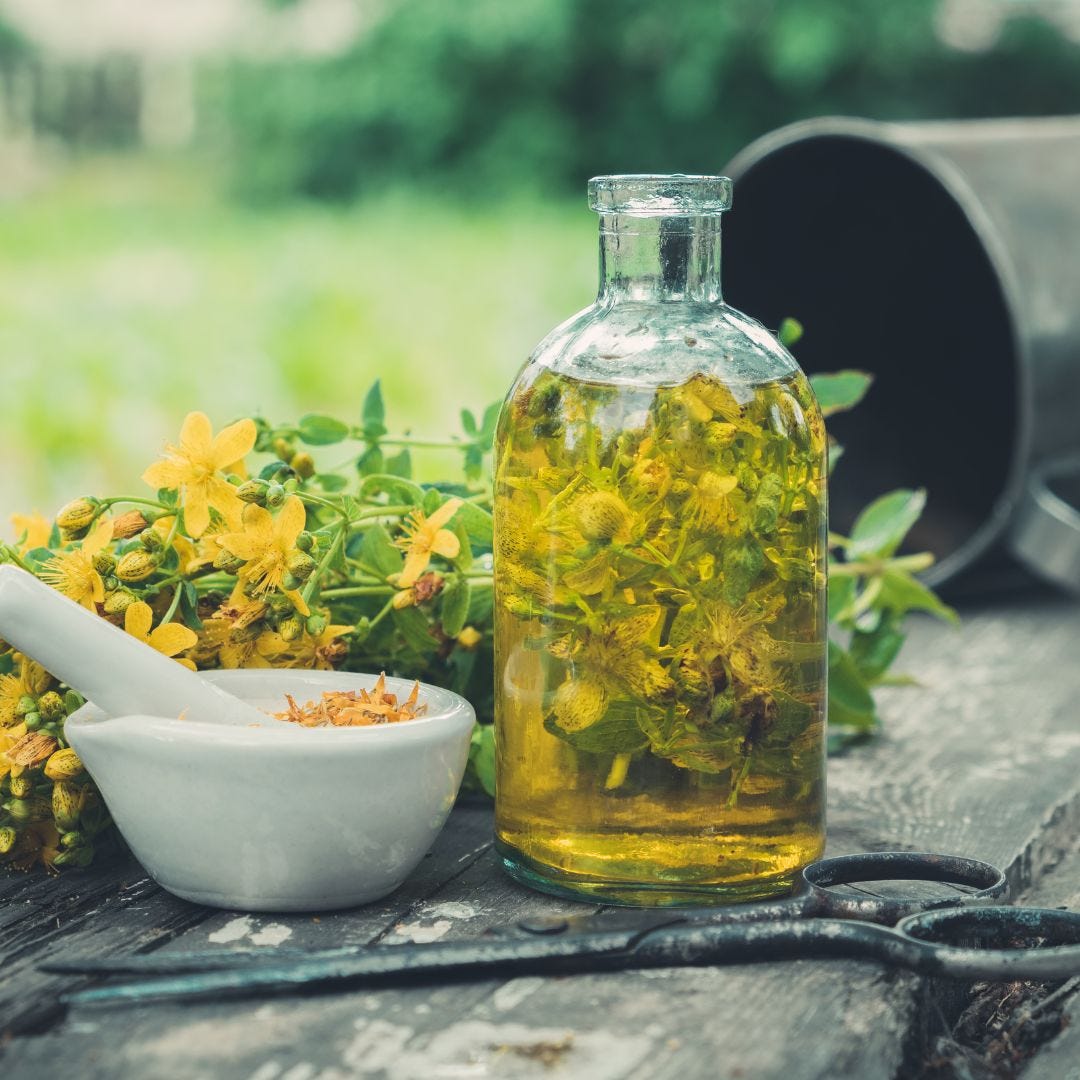
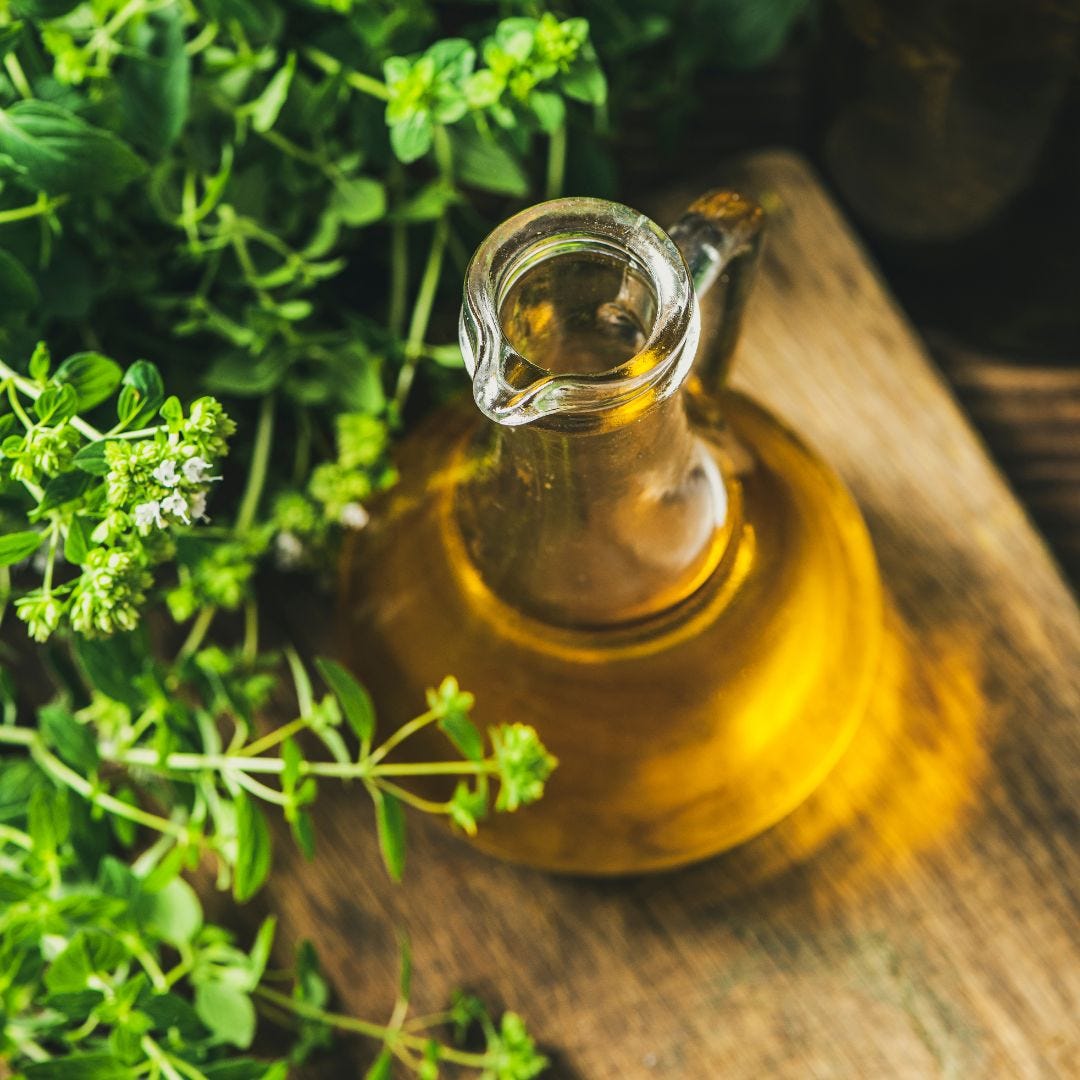
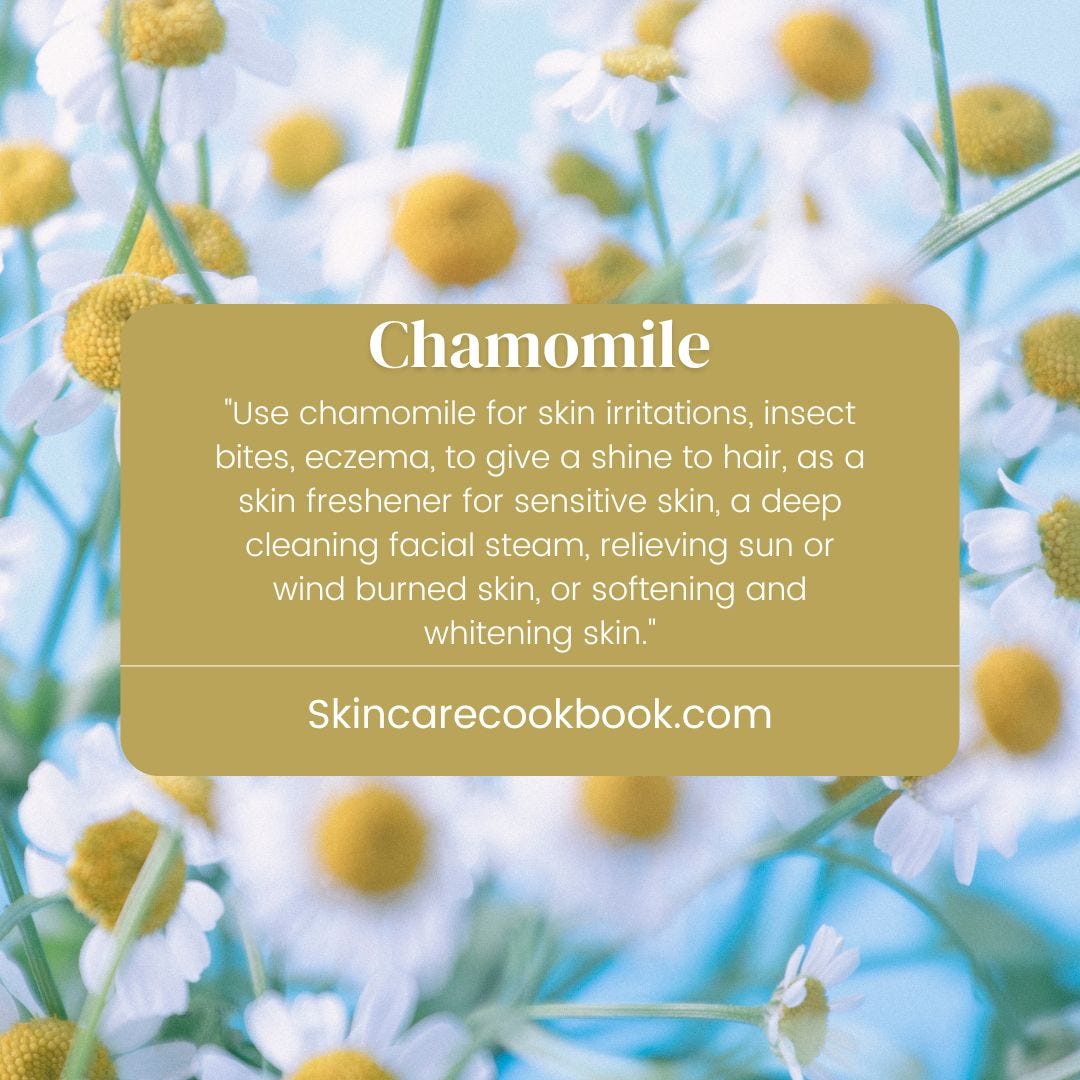
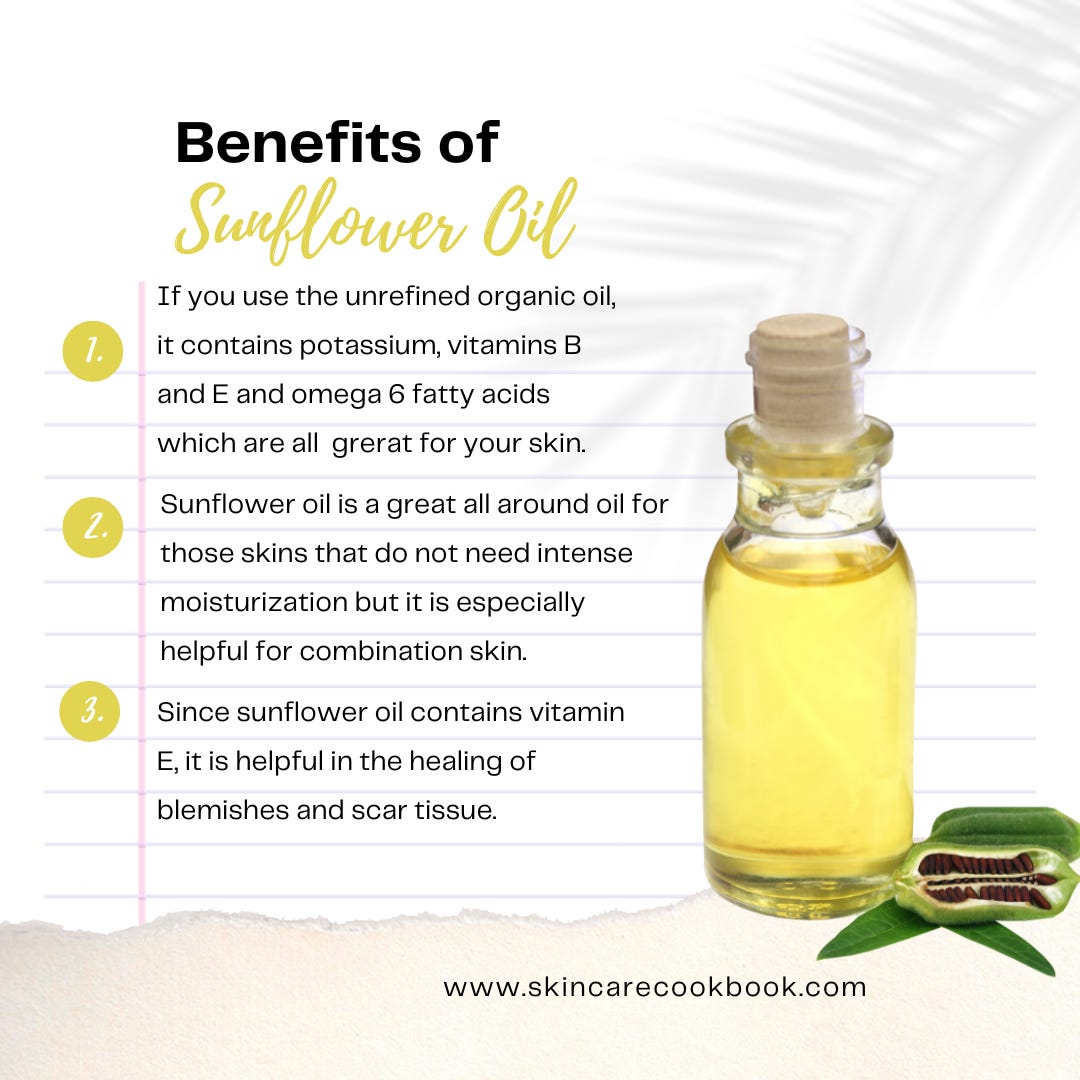
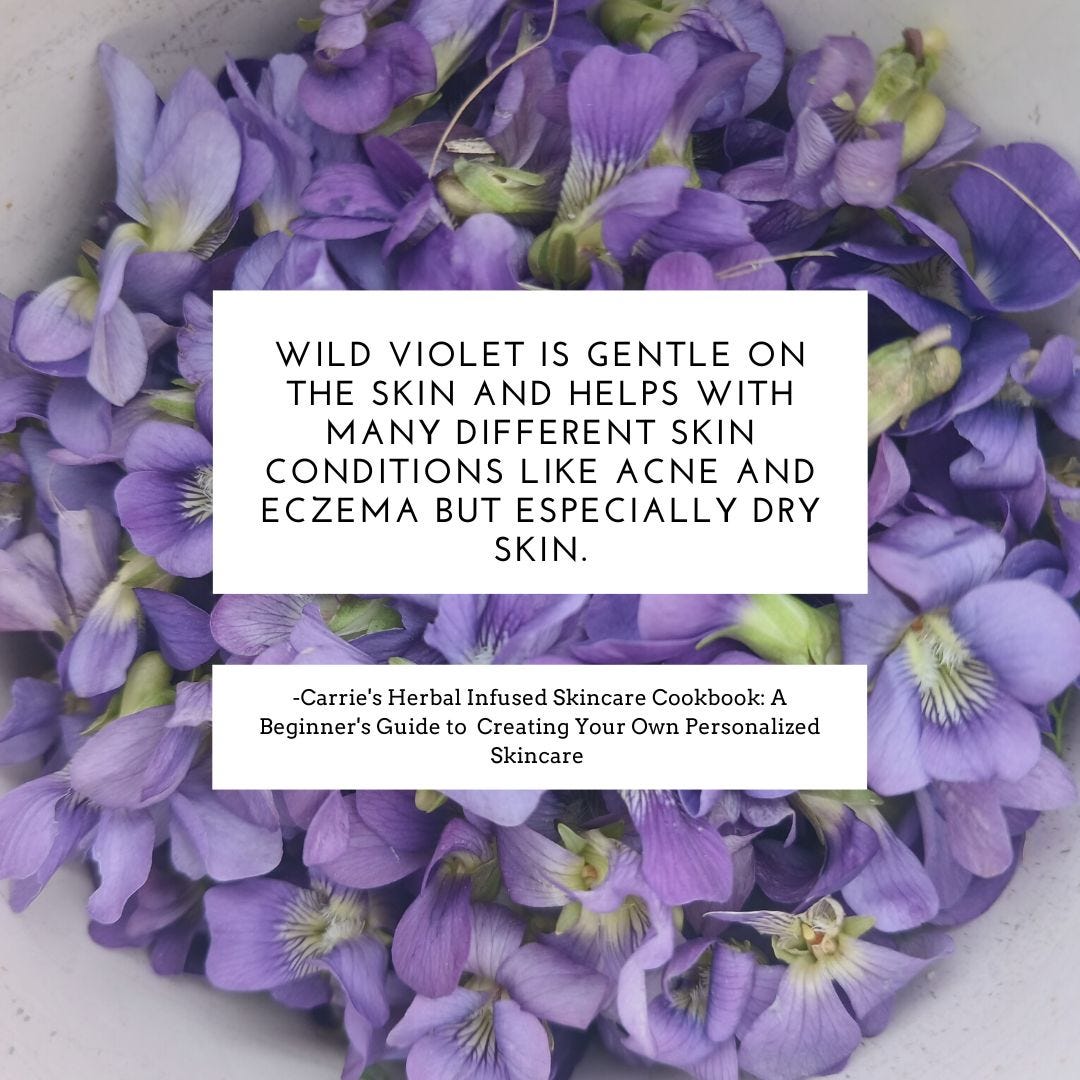

Comments
Post a Comment